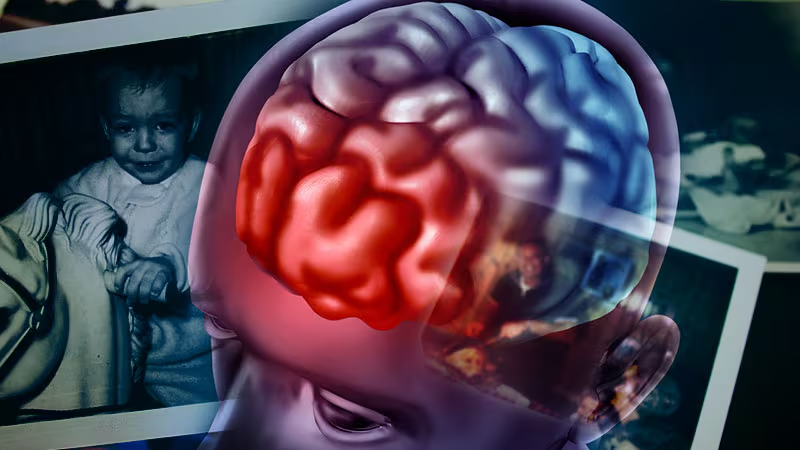- Home
- Medical news & Guidelines
- Anesthesiology
- Cardiology and CTVS
- Critical Care
- Dentistry
- Dermatology
- Diabetes and Endocrinology
- ENT
- Gastroenterology
- Medicine
- Nephrology
- Neurology
- Obstretics-Gynaecology
- Oncology
- Ophthalmology
- Orthopaedics
- Pediatrics-Neonatology
- Psychiatry
- Pulmonology
- Radiology
- Surgery
- Urology
- Laboratory Medicine
- Diet
- Nursing
- Paramedical
- Physiotherapy
- Health news
- Fact Check
- Bone Health Fact Check
- Brain Health Fact Check
- Cancer Related Fact Check
- Child Care Fact Check
- Dental and oral health fact check
- Diabetes and metabolic health fact check
- Diet and Nutrition Fact Check
- Eye and ENT Care Fact Check
- Fitness fact check
- Gut health fact check
- Heart health fact check
- Kidney health fact check
- Medical education fact check
- Men's health fact check
- Respiratory fact check
- Skin and hair care fact check
- Vaccine and Immunization fact check
- Women's health fact check
- AYUSH
- State News
- Andaman and Nicobar Islands
- Andhra Pradesh
- Arunachal Pradesh
- Assam
- Bihar
- Chandigarh
- Chattisgarh
- Dadra and Nagar Haveli
- Daman and Diu
- Delhi
- Goa
- Gujarat
- Haryana
- Himachal Pradesh
- Jammu & Kashmir
- Jharkhand
- Karnataka
- Kerala
- Ladakh
- Lakshadweep
- Madhya Pradesh
- Maharashtra
- Manipur
- Meghalaya
- Mizoram
- Nagaland
- Odisha
- Puducherry
- Punjab
- Rajasthan
- Sikkim
- Tamil Nadu
- Telangana
- Tripura
- Uttar Pradesh
- Uttrakhand
- West Bengal
- Medical Education
- Industry
Traumatic brain injury associated with increased risk of schizophrenia and bipolar disorder, reveals research

Traumatic brain injury associated with increased risk of schizophrenia and bipolar disorder, suggests a study published in the Psychiatry Research.
The impact of traumatic brain injury (TBI) on subsequent risk of schizophrenia (SCZ) or bipolar disorder (BD) remains contested. Possible genetic and environmental confounding effects have also been understudied. Therefore, we aim to investigate the impact of TBI on the risk of SCZ and BD and whether the effect varies by injury severity, age at injury, and sex. We identified 4,184 SCZ and 18,681 BD cases born between 1973 and 1998 in the Swedish National Registers. Case-control samples matched (1:5) on birth year, sex, and birthplace were created along with a family design study, with cases matched to non-case full siblings. TBI was associated with higher risk of SCZ and BD (IRR=1.33 for SCZ, IRR=1.78 for BD). The association remained significant in the sibling comparison study. Moderate or severe TBI was associated with higher risk for both SCZ and BD compared to mild TBI. Older age at injury was associated with higher risk of SCZ and BD, and the effect of TBI was stronger in women than men. Findings indicate that TBI is a risk factor for both SCZ and BD with differential impact by age, severity and sex and that this association cannot be explained by familial confounding alone.
Reference:
Kai-Yuan Cheng, Natassia Robinson, Alexander Ploner, Ralf Kuja-Halkola, Yasmina Molero, Paul Lichtenstein, Sarah E. Bergen. Impact of traumatic brain injury on risk for schizophrenia and bipolar disorder. Psychiatry Research, Volume 339, 2024,115990, ISSN 0165-1781,
https://doi.org/10.1016/j.psychres.2024.115990.
Keywords:
Traumatic, brain injury, increased risk, schizophrenia, bipolar disorder, study, Head injuries; Psychotic disorders; Family design; Sibling comparison, Kai-Yuan Cheng, Natassia Robinson, Alexander Ploner, Ralf Kuja-Halkola, Yasmina Molero, Paul Lichtenstein, Sarah E. Bergen
Dr. Shravani Dali has completed her BDS from Pravara institute of medical sciences, loni. Following which she extensively worked in the healthcare sector for 2+ years. She has been actively involved in writing blogs in field of health and wellness. Currently she is pursuing her Masters of public health-health administration from Tata institute of social sciences. She can be contacted at editorial@medicaldialogues.in.


